By Mark N. Lardas
Strategically isolated from the South, geographically isolated from the Far West, and separated from the Union plains states by the Indian Territory (present-day Oklahoma), Texas was a backwater whose ultimate fate depended on the success of the Confederacy. Defeat the rest of the South and Texas would follow.
The result? Both sides used the Western Theater as dumping grounds, especially for leaders. Generals like Ulysses S. Grant and William T. Sherman moved east, where their skills would be most useful. Less competent generals moved west, where they could do little strategic damage, and their presence could free up a more competent leader for a move east.
Nathaniel Banks illustrates the principle. Banks relieved Benjamin Butler, hardly at the top of the leadership pantheon in the American Civil War. But Butler was a capable administrators and a good military governor, if not a war leader.
“Commissary Banks”
Banks was known as “Commissary Banks,” owing to the volume of supplies his inept leadership lost to the Confederates when he mishandled Sonewall Jackson’s 1862 march through the Shenandoah Valley. His record after Sabine Pass was no better. This disastrous Red River campaign rounded out an undistinguished military career.
William Franklin was another officer whose career peaked early. He finished first in his West Point class, had compiled a good record in the Mexican War, and went nowhere in the Civil War. He led the Left Division at Fredericksburg, where his errors contributed to the Union defeat. Following the Sabine Pass disaster, he commanded the Red River campaign and was wounded in April 1864, at the Battle of Sabine Crossroads.
The rot frequently went deeper. While Crocker and Johnson handled their gunboats aggressively and energetically, Tibbets and especially Lamson did not. Lamson’s timidity and love of comfort colored his career. He was consistently last in and first out. He treated Granite City as a personal possession rather than as a warship, outfitting her cabins with furniture and carpeting looted from a Mississippi mansion.
“Prince John”
Nor was the South immune from the tendency to send bad leaders west. John Magruder, known as “Prince John” because he was a lavish entertainer, was given command of the Department of Texas as a “reward” for perceived shortcomings during the Battle of Seven Pines.
The Irishmen of the Davis Guard were manning a mud fort on the Texas coast rather than fighting alongside Hood’s Texas Brigade for similar reasons. They were viewed as unreliable, owing both to their Irish heritage and perceived insubordination shown in the Rio Grande Valley.
If Texas military men were more successful than the Northerners who invaded their territory, it was because the assumptions about them were wrong. Magruder was an energetic leader who had a few bad breaks in Virginia. The Davis Guards were outstanding artillerymen. Their pugnacious nature was interpreted in the worst light by those inclined toward low expectations of the Irish.
Sabine Pass was a paradox that reflected both governments’ management of leadership.
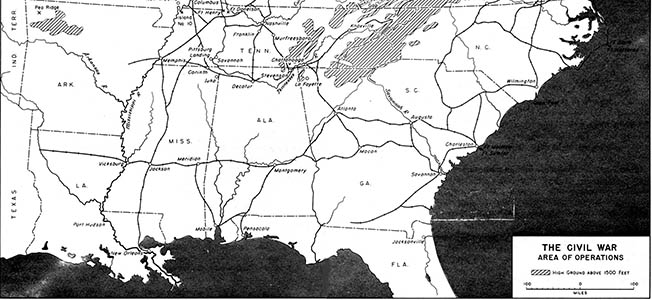
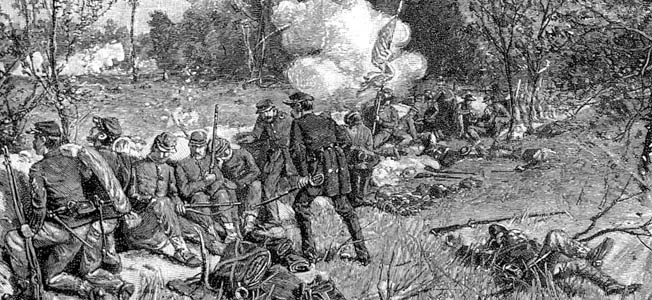
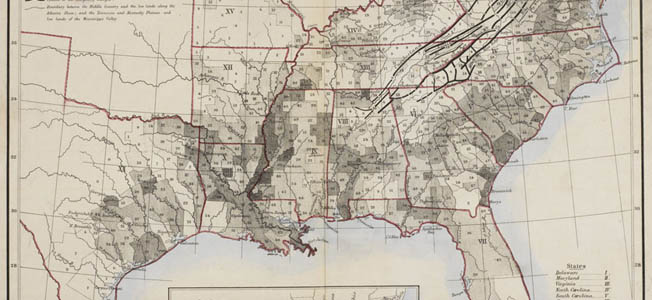
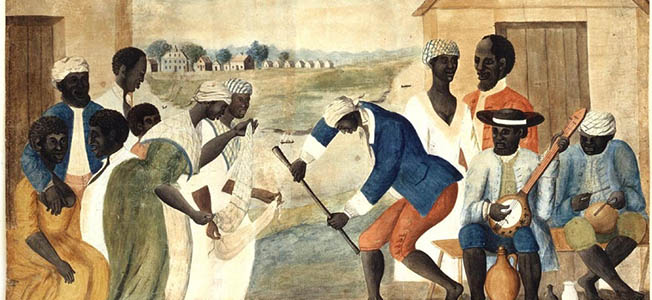
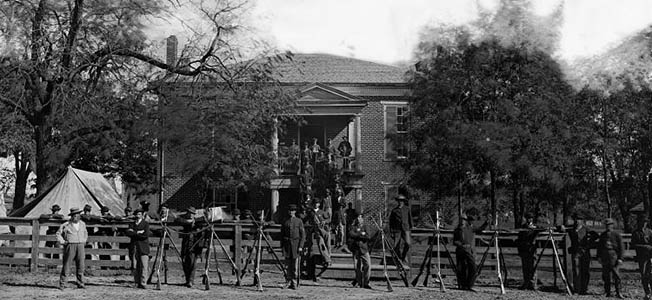
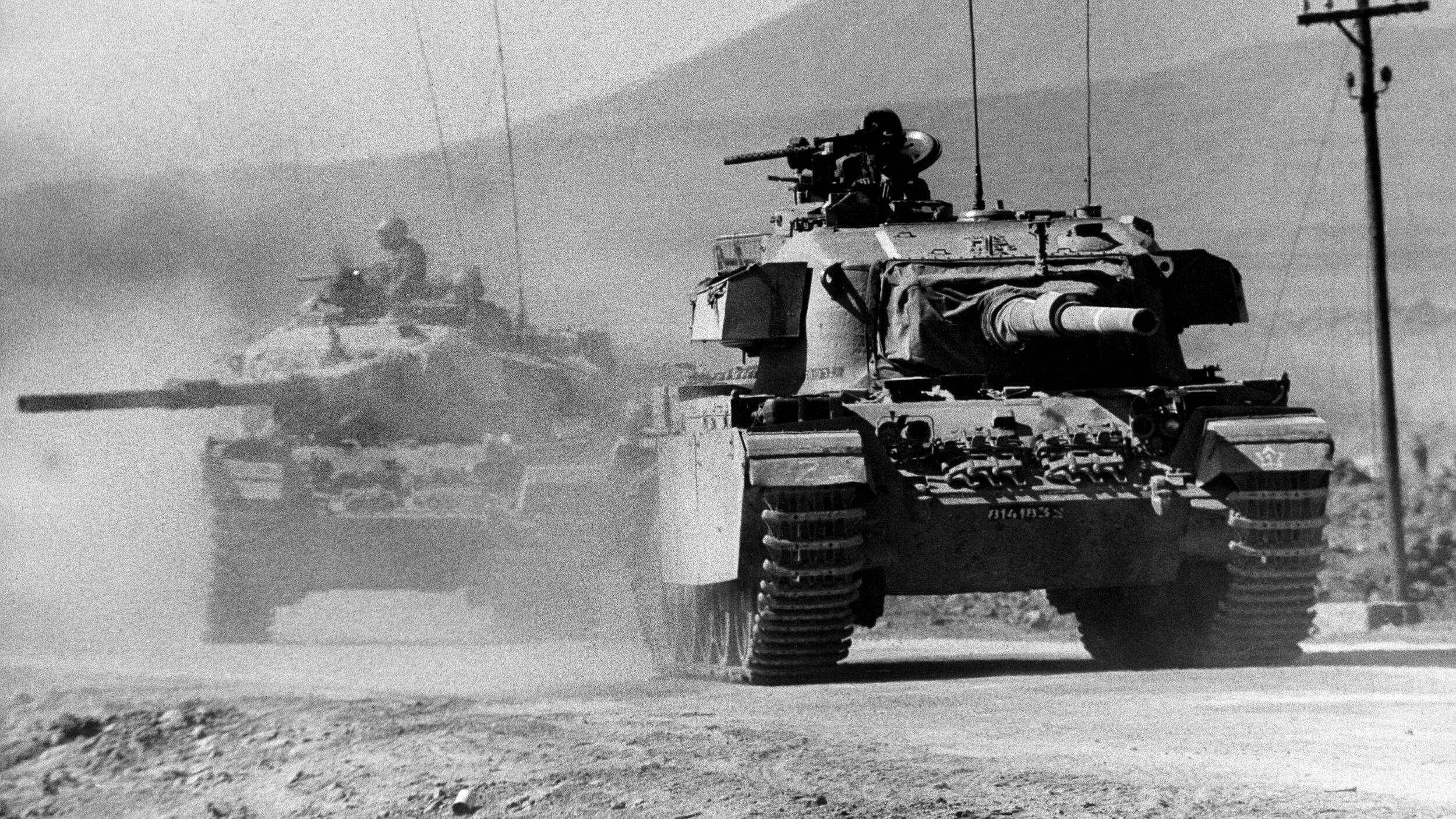
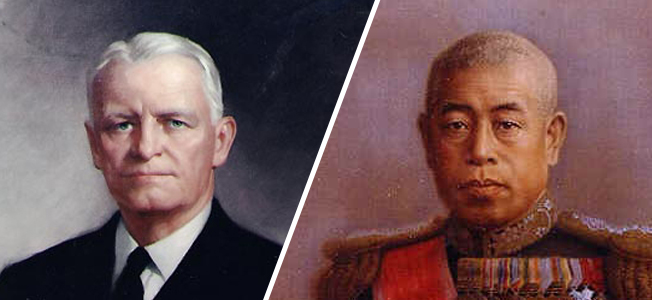
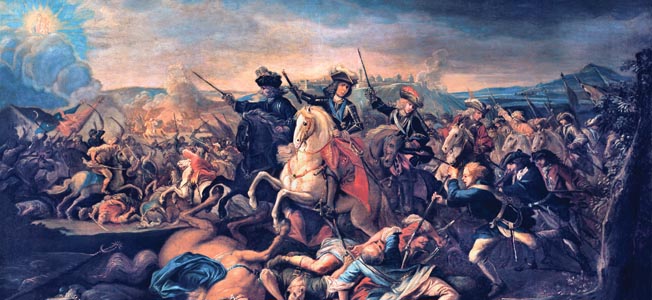
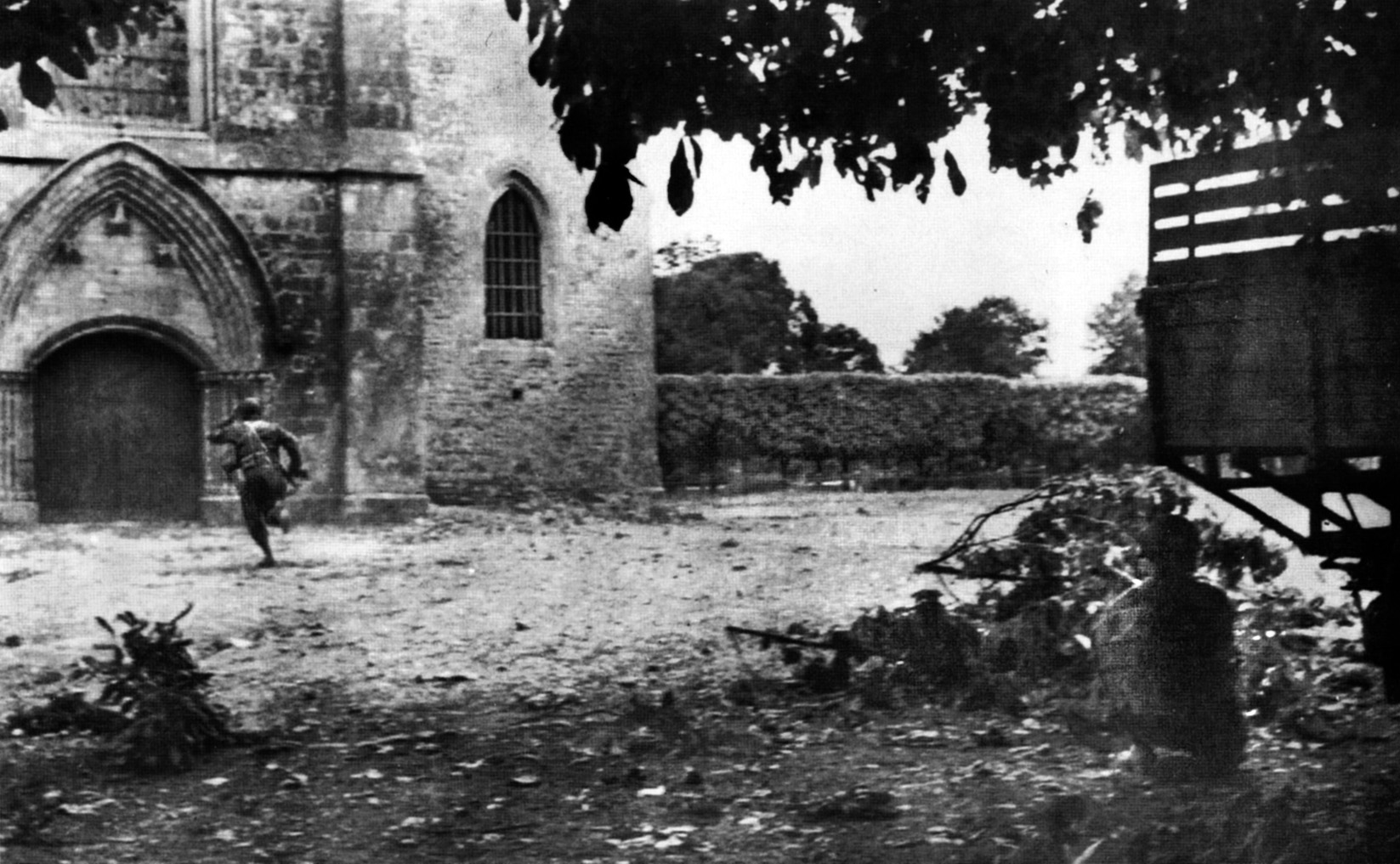
Join The Conversation
Comments
View All Comments